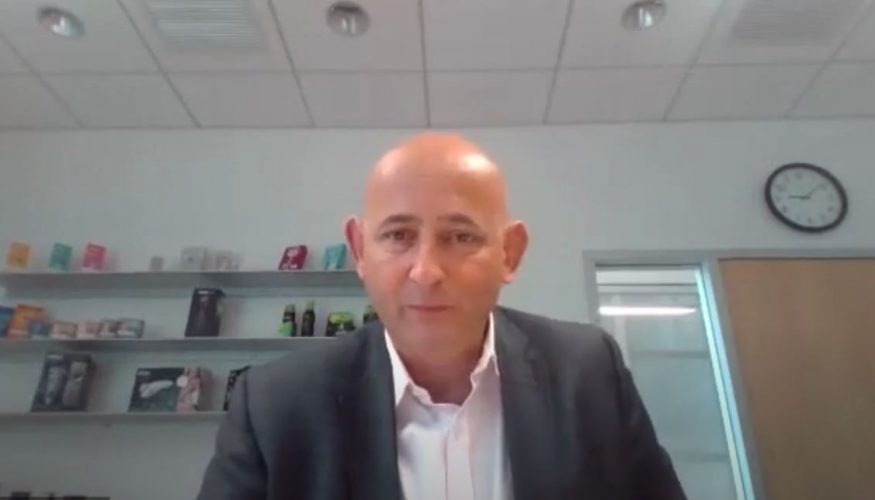Gillette chief says supply chains as bad as ever in 36 years of business

By: Matthew Medsger
Getting through the pandemic and then dealing with supply chain issues has been, well, a bit of a close shave, according to the CEO of grooming giant Gillette, who said the business environment is as bad as it’s ever been.
“In 36 years in the consumer goods industry I’ve never seen anything like this,” Gary Coombe, head of Procter & Gamble’s grooming division, said Tuesday.
Coombe said the pandemic hit to his business was bad enough when workers the world over adopted a new work-from-home casual attire as the official office uniform and at the same time stopped shaving almost entirely.
Those problems were only worsened by supply chain issues that have made even areas of growth for the company, like electric beard grooming tools, hard to maintain.
“Each one of those products has a microchip in them, and it’s very difficult to get hold of microchips at the moment — and if you can get ahold of them, invariably they aren’t the ones you want,” he said.
Those problems are being felt globally by almost every industry, he said, and his is no exception.
“It’s the lack of availability of raw materials, it’s the time it takes to move products around the world, and it’s the cost associated with these raw materials. It continues to be an extraordinary environment. It’s not getting any easier,” he said.
Coombe’s comments came during the eighth “Inside the Corner Office” virtual session hosted by the New England Council, the nation’s oldest regional business council.
Coombe has been an employee of Procter & Gamble since he started working. The grooming division he leads is still called Gillette, but now is a subsidiary of the larger consumer goods conglomerate. He said in all those years, the variety of problems that have emerged recently is new too.
“Every day there is a new supply chain problem to deal with,” he said.
Another challenge is labor, he said. In Boston the company maintains a production plant, a research and development section, and a corporate headquarters. There’s also a research plant in Andover. The company employs about 1,500 people in Massachusetts, and those jobs have been very hard to fill.
“It’s a constant struggle to find the people that we need. Even our plant technicians, you know our plants are highly sophisticated environments, we need people with real skills to be able to come in and work in that environment,” he said.
Coombe said his company has managed to get through the shortage by striving to make sure their workforce is diverse.
“In order to field the best team you’ve got to pick from the full squad. Incidentally, you have to subscribe to the belief that on average talent is equally distributed regardless of your ethnicity, age, sexual orientation, nationality, etc.,” he said.